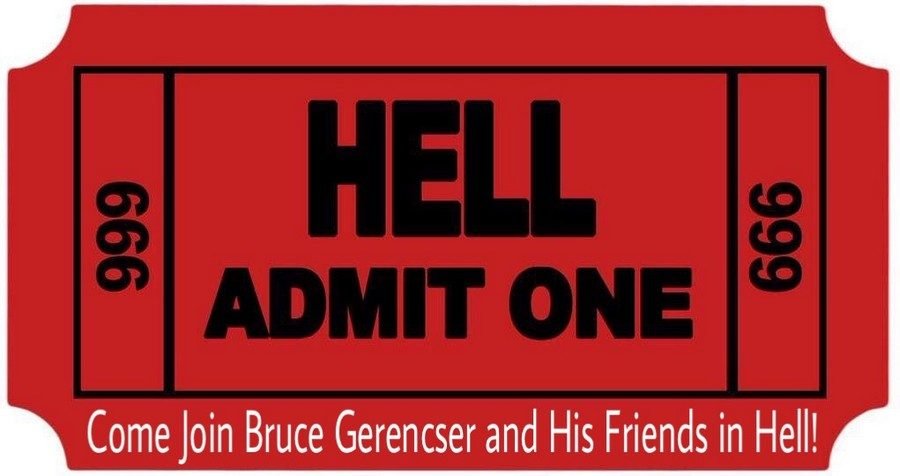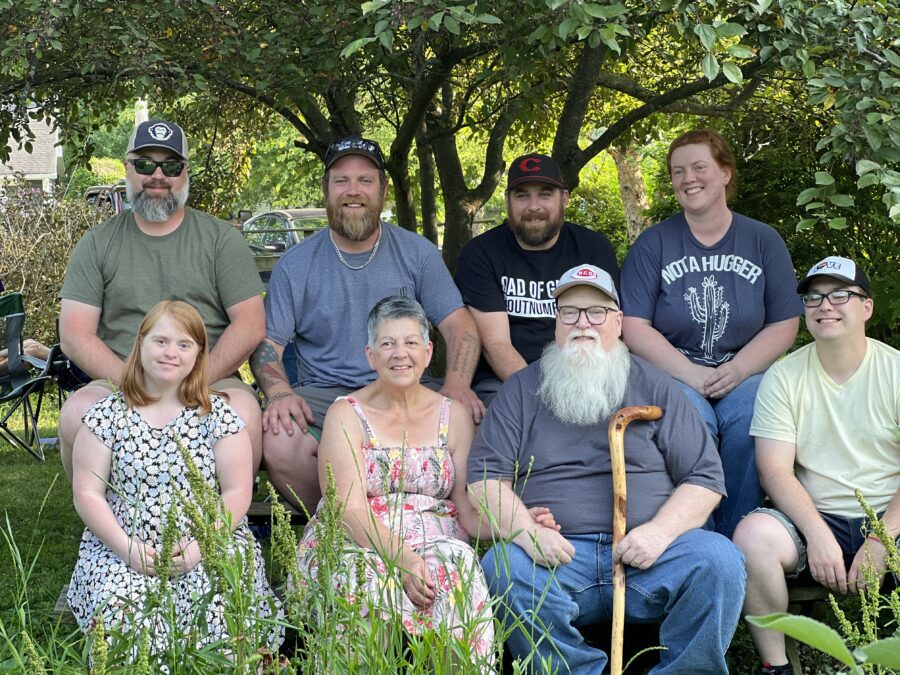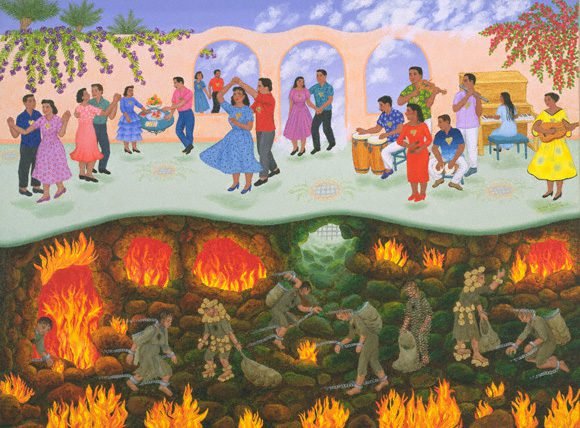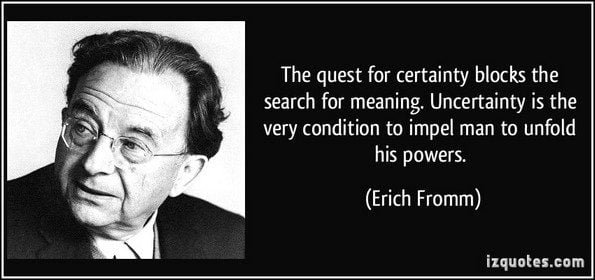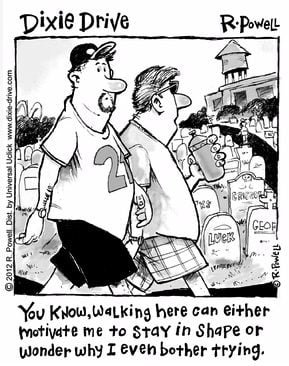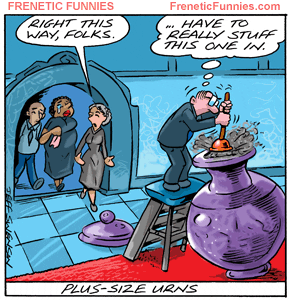
Evangelicals believe there is life after death. Every person who has ever lived will end up in either Heaven or Hell. Where you end up is determined by faith. Those who put their faith in Jesus Christ as Lord and Savior go to Heaven when they die. Everyone else goes to Hell and will be tortured forever for their rejection of Jesus.
Setting aside the fact that people do not go to Heaven or Hell after they die (no one does until the general resurrection at the end of time), most Evangelicals have extra-Biblical beliefs about the afterlife. For example, how many sermons have you heard where a preacher told you Nana or Grandpa is in Heaven, free from pain, suffering, and heartache? You are told your dead loved ones are having a wonderful time in Heaven, running, singing, and worshipping God. Life is marvelous, better than anything experienced in life before the grave. Most people will never experience this, but, bless God, Evangelicals will. Why? They are members of the right religion. They worship the right God. Their guidebook for life is the Bible, even if they rarely read it. By faith, they believe every word in the Bible is straight from the mind of God. This supernatural book says there’s an afterlife. The men who preach from this supernatural book say there’s an afterlife. Countless authors have written books about Heaven and what awaits the followers of Jesus after they die.
What Evangelicals NEVER provide is evidence for the existence of an afterlife, Heaven, or Hell. Not one shred of evidence is presented for these claims. Either you believe in life after death or you don’t. Either you believe Heaven and Hell are real places or you don’t. Either you believe that your landing spot in the afterlife is determined by believing the right things, or you don’t. All of these claims ultimately appeal to faith for justification. Any Evangelicals who tell you they died, went to Heaven or Hell, and came back to life on Earth are lying. Unless they provide a feature-length video of their time in the afterlife, their claims are not to be believed. Just because someone says something happened to them doesn’t mean their story is true. The same goes for the Bible. The Bible is a book of claims. Just because it says something doesn’t mean it’s true.
People wrongly think I am an anti-theist. I am not. I do, however, expect and demand sufficient evidence for religious claims. If you want me to believe your claims, you will have to do more than quote Bible verses or tell me to just faith-it.
I know that I will someday die, likely sooner than later. I am a sixty-eight-year-old man in poor health. My body tells me that my time on Earth is short. How I die remains to be seen, but one thing is for sure: I will die. Rare is the person, especially in the sunset years of life, who doesn’t think about death from time to time. In the quiet of late nights, I will hear our clock ticking, reminding me of my frail mortality. Eventually, I fitfully fall asleep, hoping I will awake the next day. And I do, but one day the last noise I hear in this life could be the click-click- cl of our clock. And that will be it. Then what?
Since there is no evidence for an afterlife, I have no reason to believe that I will live on after death outside of whatever nutrients my ashes return to the dirt. When I die, that means the end of the only Bruce Gerencser on Earth. Yes, I am that special. 🙂 Do I fear death? No, not as far as it being the end of life. I know death awaits all of us, and since I am not immune to what afflicts us one and all, I’m confident that the way of all men will one day come calling for me. I do, however, at times, fear what may happen to me before I die; the pain, suffering, and loss that may come my way before my demise.
Most Evangelicals believe that after they get to Heaven, they will be given a resurrected body, one perfect in every way, including the brain/mind. Having a new brain/mind, Evangelicals think that they will know countless things they didn’t know on Earth, and they will NOT know many of the things/people they knew before death. You might think, as an atheist, “Who cares?” And I agree, except for this one point: Evangelicals are willing to offload knowing things to the afterlife. Who hasn’t engaged an Evangelical about this or that belief, only to have the believer dismiss your claims out of hand, saying, “One day, I will know everything in Heaven. Praise Jesus!” Sadly, Evangelicals won’t know everything. Knowledge and understanding are gained only in this life. Once dead, all learning stops. Better to have lived life seeking knowledge and passing that knowledge on to others than to make oneself deliberately ignorant, hoping that an invisible deity will one day fill you in on what you missed in this life.
Bruce Gerencser, 68, lives in rural Northwest Ohio with his wife of 47 years. He and his wife have six grown children and sixteen grandchildren. Bruce pastored Evangelical churches for twenty-five years in Ohio, Texas, and Michigan. Bruce left the ministry in 2005, and in 2008 he left Christianity. Bruce is now a humanist and an atheist.
Your comments are welcome and appreciated. All first-time comments are moderated. Please read the commenting rules before commenting.
You can email Bruce via the Contact Form.


